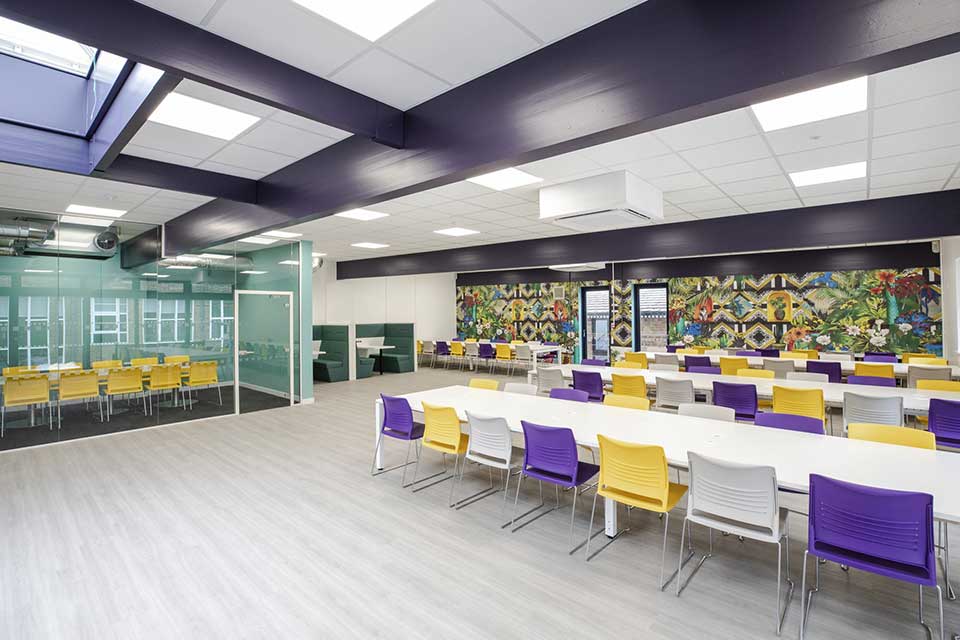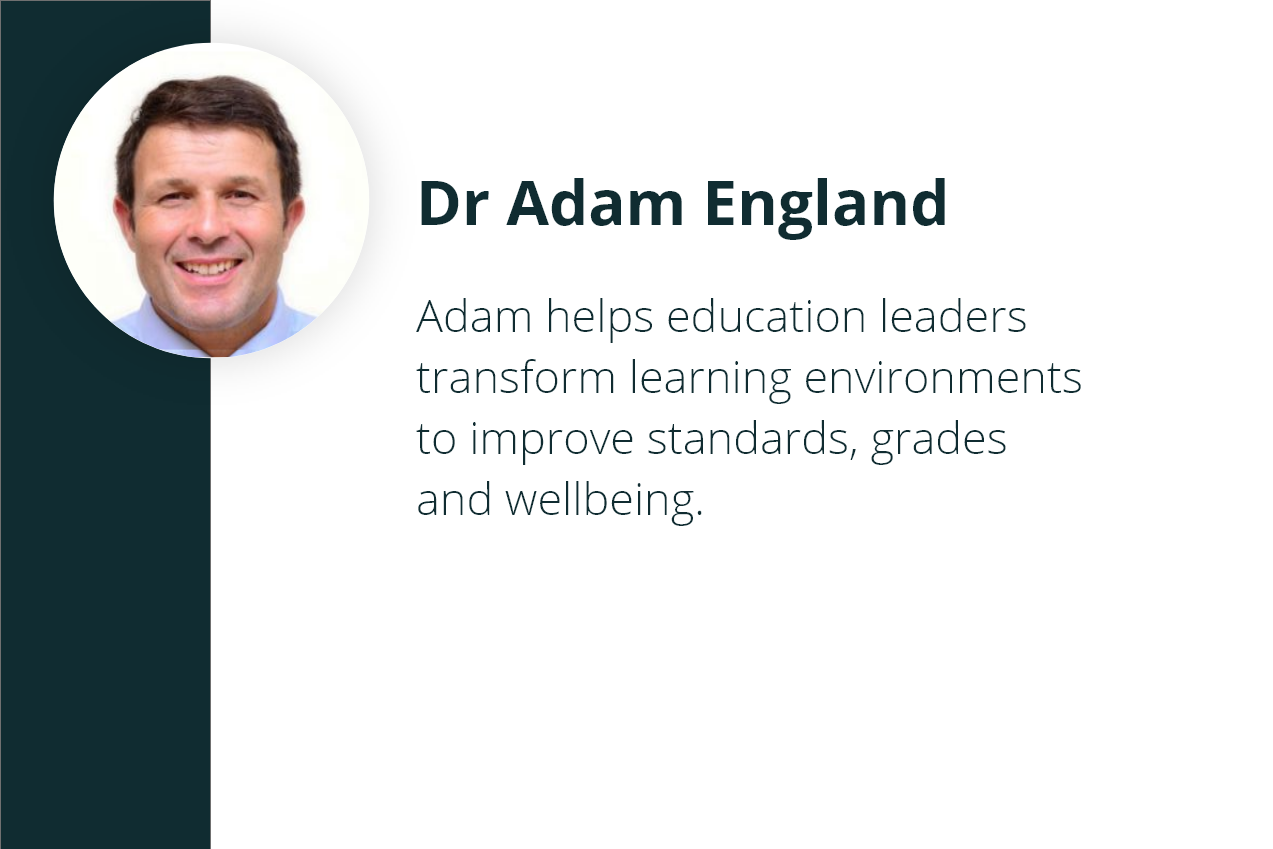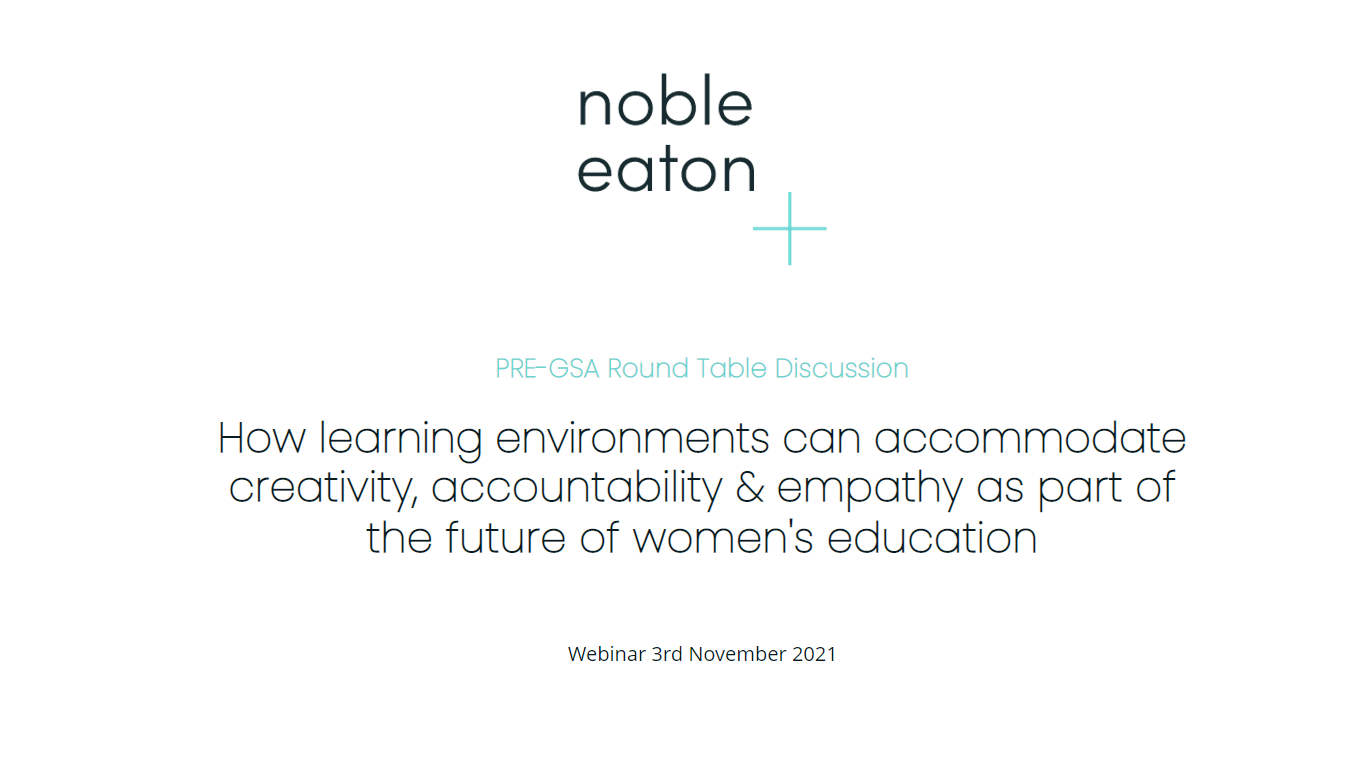Is Your SIP Sorted?

Imagine you’re a senior leader of a school, large or small, maintained or independent, co-ed or single sex, boarding or not, and you get to June or July right at the end of the academic year and when you’re asked for your school improvement plan the SIP, you know what it’s going to contain and what all the answers are to the questions it poses.
Imagine that! Suave and sophistique, you turn to the Chair of Governors and say, ‘Look, I know what all the problems are, and I know in some detail what the answers are, too’. Imagine the look, too, on the chairperson’s face. ‘Really? REALLY?’ they say in increasingly quizzical tones and you say – smugly or not, it’s up to you, ‘Yes, yes, I really do’.
Utopia, fantasy or reality? Well, all senior school leaders will surely be looking to address two or three core, common threads of provision across the globe. We all know children’s literacy has taken a huge hit, especially for the under sixes who, when they went to online school, mostly had unformed or only very rudimentarily formed decoding skills, so we know what reading is an issue at KS1.
It’s also common knowledge, and clearly not rocket science, that after 18 months online, higher order reading skills like reading for inference will have taken a huge hit. So those extended responses to set texts you’d expect to find at GCSE and A level are clearly going to take some developing as KS4 and 5 students, boys in particular, will have spent most of the last year gaming or living in an otherwise mostly digital world.
So literacy is going to be in the SIP – no prizes for guessing that one – and wellbeing will be too. Governments the world over are struggling to re-engage learners, and this challenge is particularly exacerbated in the UK by a learning environment that was intrinsically, by virtue of its quintessentially ‘command and control’ structure, alienating to a significant portion of young people.
So to go back to how and what you, as a senior leader, say to the Chair of Governors in your polished response, you would be talking about the need to address literacy and wellbeing, and especially boys’ engagement.
‘Fine’, says the Chair, ‘but you don’t get a pay-rise for that – everyone knows these things are an issue – but what are the answers?’
And this is where you really start to score. You’ve been to talk to Noble and Eaton, you’ve had a look at their website, you’ve had a free consultancy (six available) with their executive consultant headteacher, Dr England (yes, that’s really his name) and you know that much of the answer lies in strategic transformation of the slightly staid and, in some areas, antiquated, dusty and musty learning environment that hasn’t really changed much in the last 150 years. ‘In fact’, you think to yourself, ‘you could have brought Charles Dickens forward 150 years knowing full well he’d have marvelled at modern technology but would have recognised the schools as being exactly the same as they were when he was a lad’.
You know, having spoken to Noble and Eaton, that by transforming those dusty and musty corners and creating an epistemological journey through your learning environment, you can get those boys back in line. You know by bringing the outside inside and tapping into those KS1 learners’ innate biophilia, you can make learning live again. You know that be doing a bit of meta-cognitive work with those learners at key transition points across the year groups, you can reinforce to them where and how they learn best and then let them loose in the areas built to capture their imagination.
No’, you say, ‘it’s not rocket science. I’ve found these great consultants, I’ve had a long chat with them, and they’ve opened my eyes to aligning our learning environments with our standards and outcomes and I know if we take, say about 20% of next year’s budget and spend it on learning zones, we can deal with those things, and we can future-proof their skills and mostly COVID-proof their learning by integrating our provision with a bit of AI, and then it won’t matter if we’re here physically, ‘here’ online or ‘here’ in some sort of hybrid mixture of them both’.
And then watch the Chair’s jaw job further as you say, ‘Oh, and Dr England’s available next week for a visit so I’ve asked him to come over and go through our SIP and sketch out a transformative design to assess whether any of this is feasible. But listen’, you add, ‘ don’t forget we’re up against it in terms of competing with some amazing online environments that our boys in particular are finding very alluring. We’re going to lose them further if we don’t do this or something like it’.
The Chair’s mouth opens and closes rapidly, looking more like a goldfish then ever, and you’re not sure if it’s in shock or awe or both. Either way, not much is coming out, and then you hear those words which are music to your ears. ‘Can I come and meet Dr England too? I’m free on Wednesday but can do a Zoom any day after 3pm’.
‘Of course you can’, you conclude (definitely smugly this time), ‘how’s Wednesday at 3pm looking?’
Senior Leader 1. Chair of Governors 0. Any time Of course, you want to win this battle and have a ready-made plan to address your SIP targets, give Noble & Eaton a call.
Noble & Eaton are a strategic consultancy group, dedicated to transforming schools and the futures of their people. They are a sister company to Envoplan, the leading educational design specialists who build beautiful yet intelligent learning environments that support your school’s vision. More information on Envoplan here www.envoplan.co.uk
Vorsprung durch die strategie. ‘Moving forward through strategy’ as we sometimes say.



